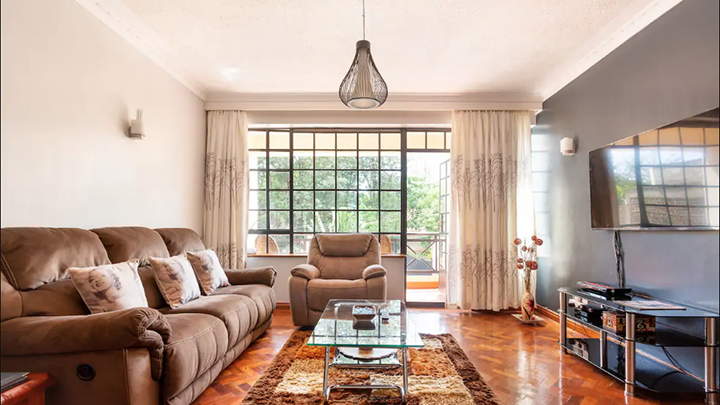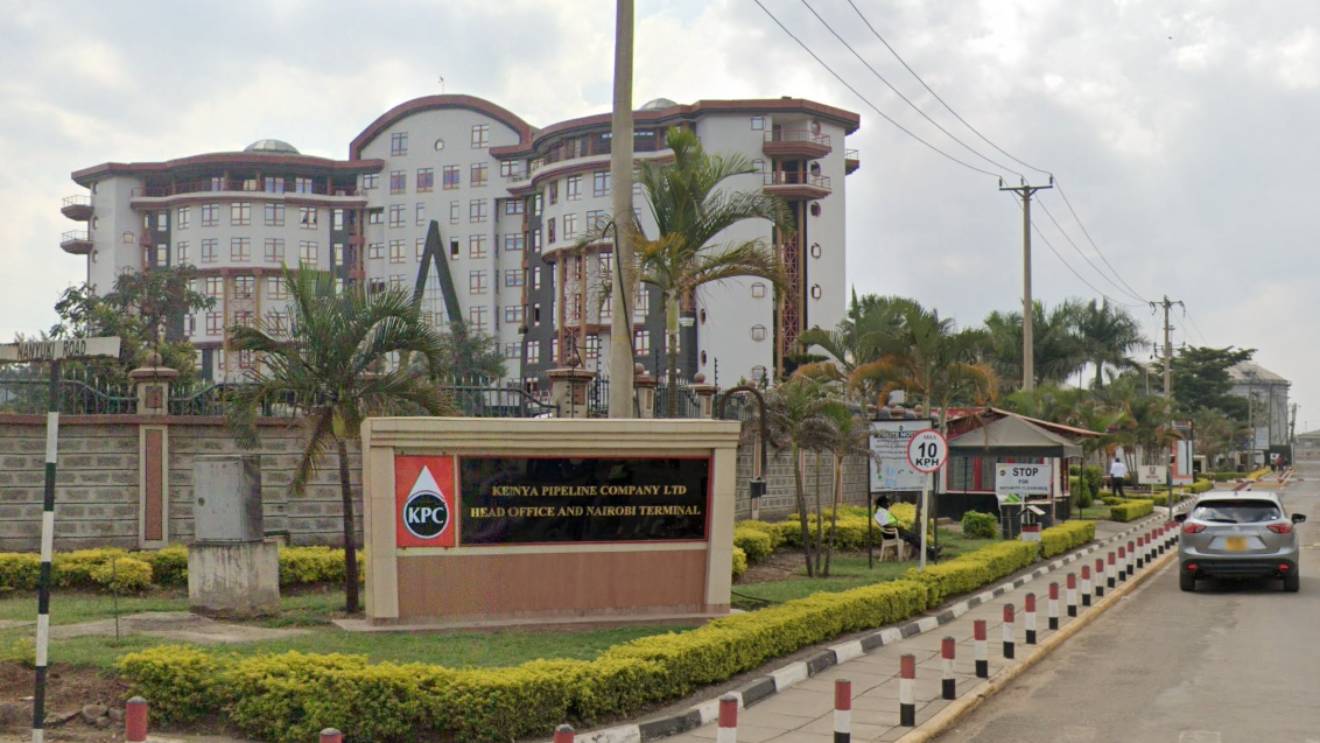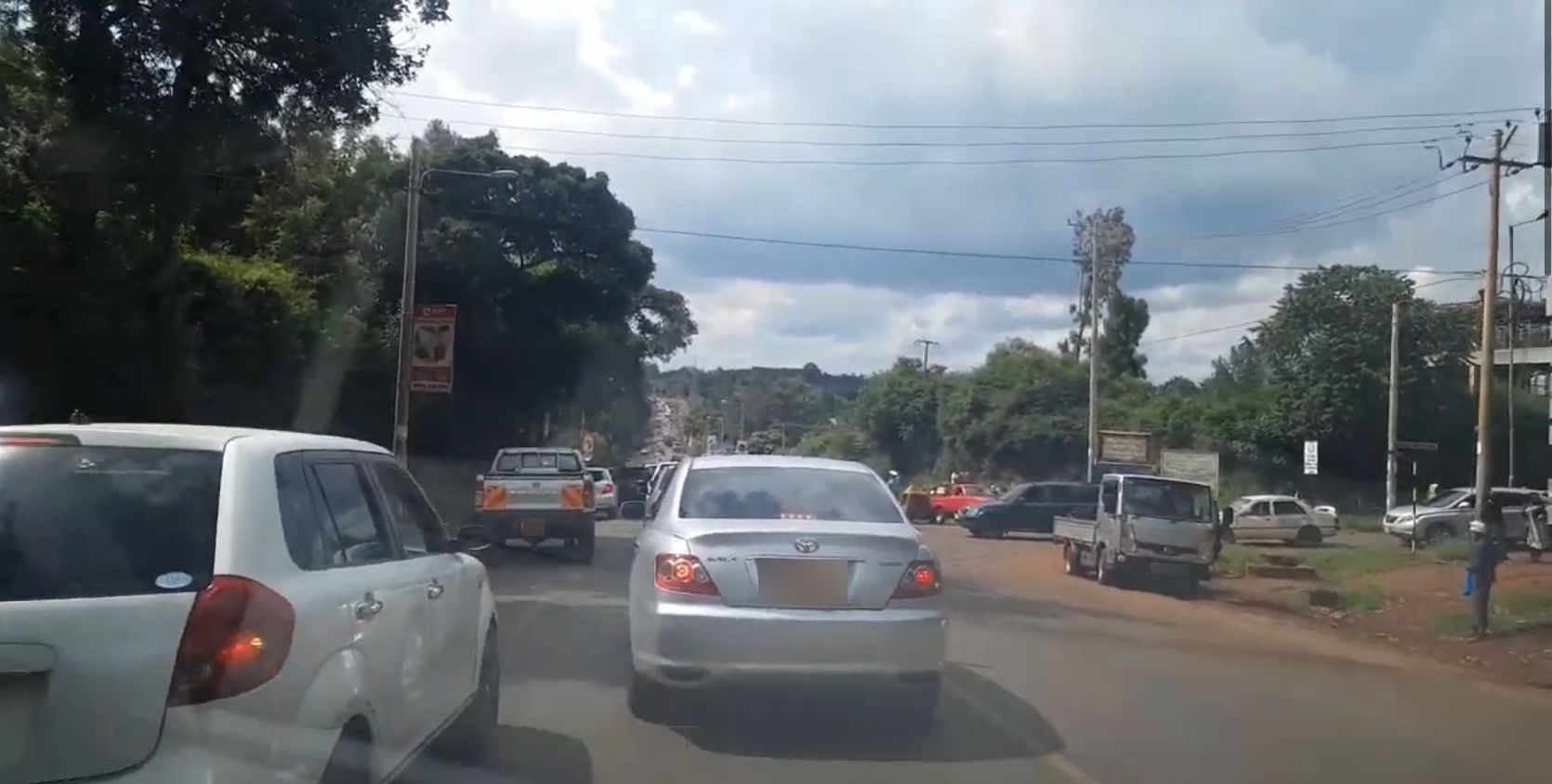In a proactive step toward bolstering user privacy, Airbnb, the leading online marketplace for short- and long-term homestays, has announced a significant update to its host policies, prominently banning indoor closed-circuit television (CCTV) cameras, regardless of their operational status, effective April 30, 2024.
In a statement released by Airbnb, the company emphasized its commitment to ensuring a safe and comfortable environment for all users.
"We do not allow Hosts to have security cameras or recording devices that monitor indoor spaces, even if these devices are turned off," the statement reads.
"Hidden cameras have always been prohibited and will continue to be prohibited."
The updated guidelines outline specific rules pertaining to security cameras and recording devices, noise decibel monitors, and smart home devices.
Read More
According to Airbnb, security cameras and recording devices encompass any equipment capable of recording or transmitting video, images, or audio, including baby monitors, doorbell cameras, or similar devices.
Hosts are strictly prohibited from using hidden security cameras and are not allowed to monitor any part of a listing's interior, such as hallways, bedrooms, bathrooms, living rooms, or guest houses, even if the devices are inactive.
However, hosts are permitted to install outdoor security cameras and recording devices, provided they disclose their locations explicitly.
Furthermore, hosts are prohibited from placing security cameras in outdoor areas where guests have a reasonable expectation of privacy, such as enclosed outdoor showers or saunas.
While hosts are not required to disclose security cameras and recording devices that are not under their control, such as those in apartment building lobbies, Airbnb encourages hosts to inform guests of their presence.
In addition to security measures, Airbnb's updated policies address noise decibel monitors and smart home devices.
Noise decibel monitors, which assess sound levels without recording audio, are permissible within listing interiors if disclosed by the host and placed in common areas.
However, hosts are not obligated to reveal the specific location of these devices.
Smart home devices, such as Amazon's Alexa and Google's Nest, are allowed within listings, although hosts are encouraged to disclose their presence.
Moreover, Airbnb recommends that hosts provide guests with the option to unplug or disable these devices if desired.
The implementation of these stricter policies reflects Airbnb's ongoing efforts to prioritize the safety and privacy of its users.
By establishing clear guidelines for security measures, the company aims to enhance the overall experience for hosts and guests alike while maintaining a sense of trust and accountability within its community.
This comes as security agencies in Kenya had been pushing to have hosts install CCTV inside temporary stay facilities to tame rising cases of murders committed inside such facilities by guests, who then escape without their details or facial features being captured.








